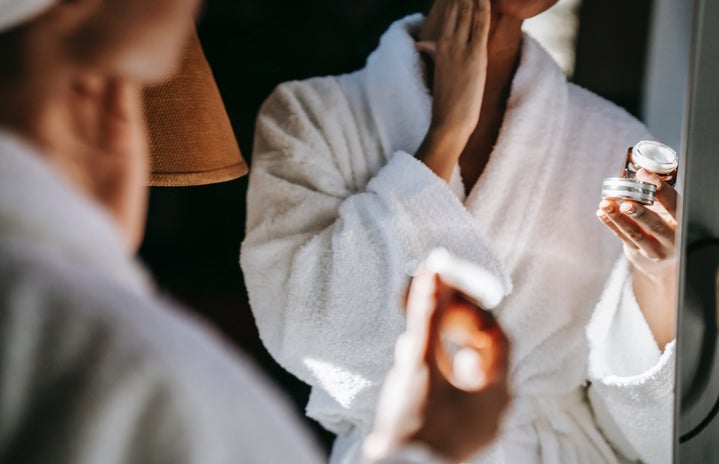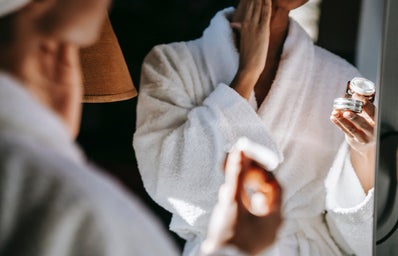In 2018, makeup artist and influencer Lottie Tomlinson, also known as the sister of former One Direction band member Louis Tomlinson, launched “Tanologist”, a brand of vegan products for face and body, including self-tanners. However, in late 2020, she became involved in a controversy surrounding her use of tanning. Some people accused her of blackface, claiming that her products greatly altered the skin color.
But, after all, what is this practice? Blackface started in the middle of the 1830s decade, in New York, when the white actors painted their faces black and, exaggeratedly, imitated black people, ridiculing them for humorous purposes. Even though it appeared in the slave era, this movement continued until after the abolition, in the 20th century, becoming even a theatrical genre and later migrating to television.
A huge example of this practice can be seen in the movie “The Jazz Singer”, the first spoken feature film in history. In the 1927 work, actor and singer Al Jolson sings several jazz songs with his entire face painted in black, making blackface a fundamental element for the unfolding of history. Researcher Corin Willis said in 2005: “Of the more than seventy examples of blackface in the early sound film 1927–53 that I have viewed (including the nine blackface appearances Jolson subsequently made), ‘The Jazz Singer’ is unique in that: it is the only film where blackface is central to the narrative development and thematic expression.”.
The student Sabrina Fernandes, an 18 years old black woman, gave us her testimony. She said she has seen friends being bullied at school because of her color and hair. She has witnessed the practice of blackface in old films and even in makeup challenges but believes that in the latter case, the person did not do it out of spite and had no idea of the seriousness of what she was doing.
Sabrina believes that blackface is considered racist not only for the face painting but for all the other ways and exaggerations that showed the black figure to the world in an extremely heavy and negative way. She also adds that nowadays blackface is very unnecessary: “The right thing would have been if it never existed, but as it existed, it should have been left behind and ended”.
The self-tanning products in the current market (as in the case of the Tanologist brand) are somewhat normalizing this racist act that arose to please white people at the expense of a minority that was (and still is) fighting for their civil rights after hundreds of years of slavery. This is because these brands treat the action of changing the color of their skin only for pure aesthetics, without taking into account that in doing so, it brings up the whole sad and painful history, not only of the blackface practice but also of the black race.
—————————–
The article above was edited by Julia Queiroz.
Liked this type of content? Check Her Campus Casper Libero’s home page for more!


